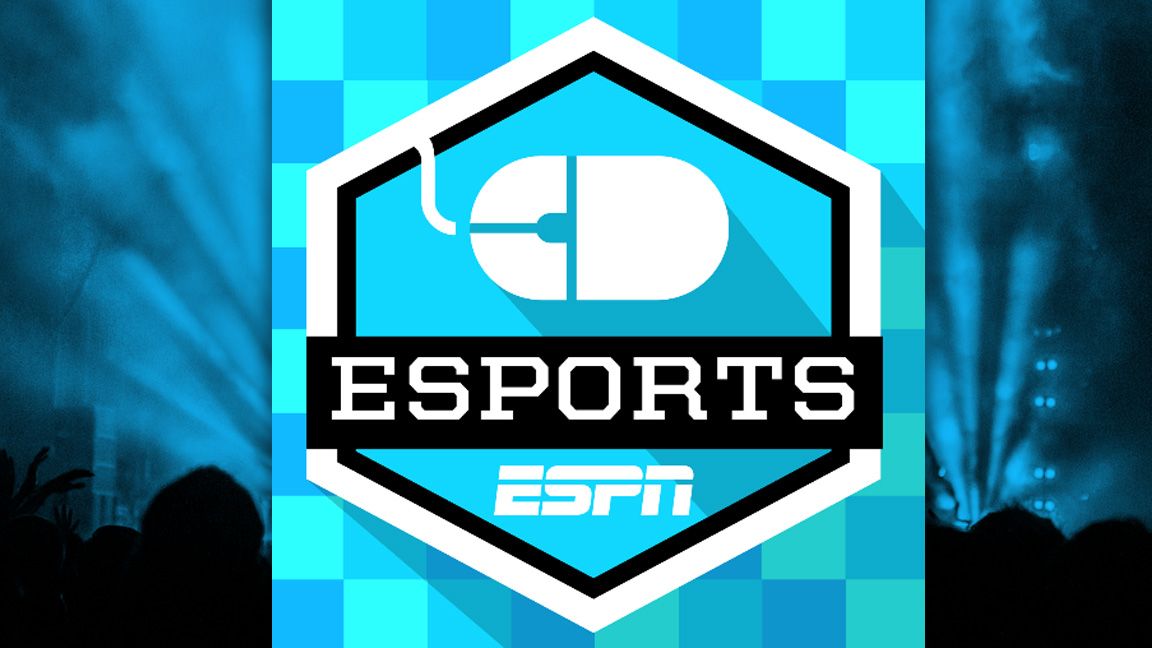In the mid-to-late 1990s, I spent much of the summers trying to convince my father to buy UFC Single-Digit pay per views. In those days, UFC - and mixed martial arts, in general - felt much more different than it did today. The Octagon had not gained any significant traction at that point and, as a result, made the mainstream success the sport enjoys today largely unforeseeable.
Fast-forward over two decades, eSports is slowly beginning to show signs of growth that could very well end up mirroring MMA's own history.
 |
| Style vs Style. 1990s MMA. |
Gamers have faced similar, albeit not nearly as severe, labelling over the decades. Lazy, free-loading basement dwellers that they are. As the average age of gamers has risen, so too have those characterizations relaxed. The organization and monetization of skilled players is the next natural step in that evolutionary process. It's a step that in many ways is actually overdue.
 |
| Drugs like Adderall lend advantages to gamers. |
The UFC struggled in its early days because of a lack of understanding of the sport, a lack of rules in a sport that seemed uncivilized compared to boxing and the subsequent lack of a commission to legally acknowledge, regulate its events and protect its participants. Under the UFC banner, what started as a free-for-all spectacle slowly became a full-fledged leader in the evolution of prize fighting which had, for the most part, stagnated with boxing. And MMA, as a legitimized, organized and regulated sport extended its reach and grew as a result.
Structurally, eSports has been doing exactly as UFC had to do in the 1990s as well. Organizations such as Major League Gaming, DOTA 2 and others - not even mentioning Nintendo's massive World Championship events - are each looking to be the organization that brings order, ethics and promotional hype to what was already happening organically in the gaming industry.
Black eyes heal and the various startup leagues and organizations have quickly - and publicly - begun to address many of the concerns that early controversies have presented. They're not alone in those efforts.
Industry giants are working hard at facilitating the growth of eSports as a whole. Activision/Blizzard has recently built a dedicated arena in Los Angeles to feature events centered around Hearthstone and Overwatch. EA, the National Football League and Walt Disney Corporation reached a deal just this week to distribute tournament for its Madden series on ESPN and Disney XD. Many others are working hard at developing their own leagues or working with other leagues to ensure that their games are featured as well.
In the same vein that MMA emerged from its reputation as back-alley brawling through an aggressive upstart UFC (valued in 2016 at over $4 billion), gaming is emerging as a legitimate competition through streaming services and eSports. But given the accessibility to social and international media that we enjoy today, the timeline for gaming will be dramatically shorter and the money will certainly follow even closer behind.
There's big money to made on all sides of this relatively new industry. Twitch and similar services have shown that there is a market for gaming as a spectator event. According to VentureBeat, eSports as a whole already has a valuation of $748 million with growth in 2018 expected to take that number to $1.9 billion.
While the infrastructure for gaming events and their presentation is developed, eSports is a buyers market. You can bet that publishers will be the ones cashing in once they get it all figured out. Smart investors likely already have.
While the infrastructure for gaming events and their presentation is developed, eSports is a buyers market. You can bet that publishers will be the ones cashing in once they get it all figured out. Smart investors likely already have.





![[Video] Toons: QuaranTOONS Part 1 w/@_BooPaul](https://blogger.googleusercontent.com/img/b/R29vZ2xl/AVvXsEhQTzCJUlvkWGk1NjJ0pHQqmPzslF3SBBx1Gf3lISLVP0uZ_yF7yhEdyS60anlrz0hFVJWb8mbKCmvR-uMovdW0Ob4um4GYY3-4ttcjNF1BxmPhqkVP7edG3cc59Rr5uiI82uKeCoLygZE/s72-c/QuaranToons.png)


No comments:
Post a Comment